What Is The Difference Between A Trademark and A Copyright?
The terms trademark and copyright are often used interchangeably. In fact, they refer to two distinct types of intellectual property. It's important for a business owner to know the difference between a trademark and copyright because the law protects them differently.
A trademark is a word, phrase, symbol or design, or a combination of words, phrases, symbols or designs, that identifies and distinguishes the source of the goods of one party from those of others. Examples of well-known trademarks include NIKE, CHANEL and ZYRTEC.
A copyright is an original work of authorship fixed in a tangible medium of expression. This includes a song, book, photograph, painting or sound recording.
In the United States, you begin to have common law rights in a trademark when you use the trademark on your product or to promote your service. Click for more details on the trademark selection and registration processes.
A copyright is only protected once you express your idea in a tangible way. Meaning you write down the music and lyrics to your song or you paint your masterpiece. Click here to learn more about copyright protection.
Neither trademark or copyright law protect an idea.

